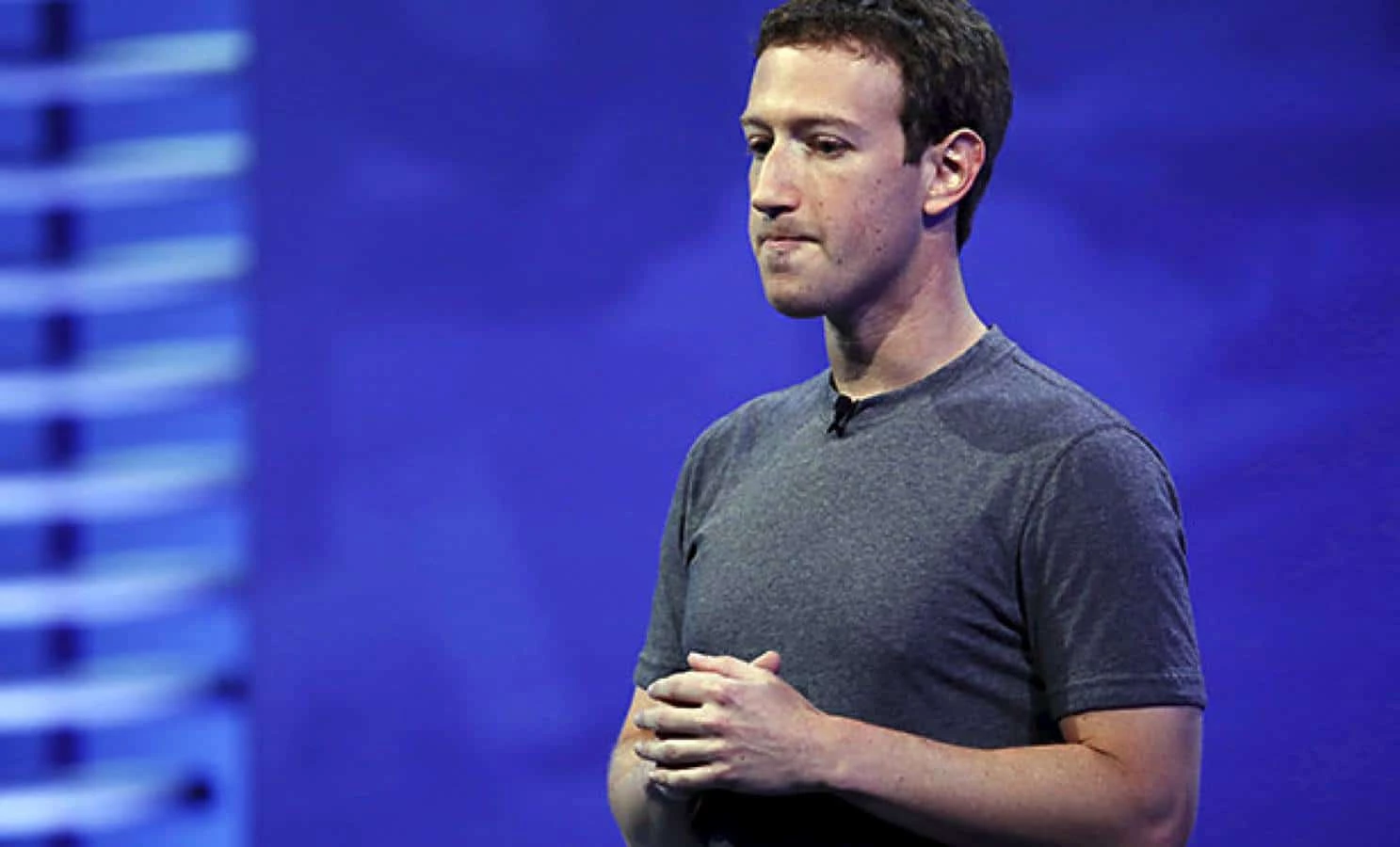In Mark Zuckerberg’s ‘stolen data’ video, can we admit that deepfake technology is already out of hand?
Deepfaking technology is already presenting a myriad of ethical problems, so why aren’t we recognizing it?

Just a heads up, if you buy something through our links, we may get a small share of the sale. It’s one of the ways we keep the lights on here. Click here for more.
You know the other day when I was saying that the recent advancements in deepfake tech might not be in the general interest of, you know, humanity?
Well, here’s a scarily-realistic video of Facebook CEO Mark Zuckerberg “revealing the truth about Facebook and who really owns the future.”
Now obviously, there are several dead giveaways that this video isn’t legitimate
Zuckerberg’s voice, for starters, sounds far too humane to be coming from our beloved robot king. The Instagram account on which the video was originally posted, @bill_posters_uk, contains several videos of high-profile figures (Kim Kardashian and Donald Trump, to name a couple) saying varying degrees of outrageous things.
Upon doing a little digging, Vice was able to discover that the video was in fact created by artists Bill Posters and Daniel Howe in conjunction with the advertising firm Canny as part of an exhibit for a UK documentary festival, the Sheffield Doc Fest.
But you know what isn’t a direct giveaway of the videos fraudulence? THE VIDEO ITSELF. Aside from a few mouth movements, that video is incredibly altered to even someone with a trained eye.
We all see the issue here, right?
We all can see how our one Aunt who spends her days posting right-wing conspiracy memes on Facebook could see this and share it with 500 of her friends, who then share it with their friends, who then spread it on their favorite social media channels while shouting “LALALALMAGA” at everyone trying to point out its fakeness?
Art exhibit or otherwise, we all see the duty we as a society now have to destroy every last piece of deepfake technology in order to slow our meteor-like descent into madness, RIGHT?!
Don’t get it twisted, Mark Zuckerberg isn’t all that different than the sinister powermonger portrayed in the video. He probably thinks – or rather, computes – the words spoken in it (or something equally nefarious) about a dozen times a day while rolling Play-Doh snakes in his hands. But he didn’t actually say those words, which is a key distinction that most of our dumb aunts and uncles won’t be able to identify.
You know, like they couldn’t just last month with that slowed down video of Nancy Pelosi that made her look drunk. Or last year, when they all shared that video of Barack Obama calling President Trump a “complete and total dipshit.”
Stop me if you’ve heard this before, but the problem with deepfaking is that it isn’t even that difficult to do. Just look at how Canny AI cofounder Omer Ben-Ami explained the process of creating a deepfake to FXGuide:
In this case, Ben-Ami said, Canny AI chose a scene of less than a minute in length of Zuckerberg speaking, and used a computer to meld it with an actor’s voice and appropriate facial movements. It took about a day to make an initial version of the video with one of the artists’ voices standing in for a voice actor’s Zuckerberg impression and facial movements, he said. It took another two to three hours to make the final version.
“This will change the way we share and tell stories, remember our loved ones, and create content” Omer Ben-Ami continued, claiming the tech to be “the next step in our digital evolution.”
Ok, did you read that? Now, watch this and swap out “genetic research” for “deepfaking technology.”
The message gets a little muddled once they start discussing condors, but the rest is oddly accurate to this predicament, is it not? Ben-Ami may be correct about this kind of tech being “the next step” in AI, but to counter his metaphor with another one, a step forward isn’t always a step in the right direction.
We must first see before we step, taking things like terrain, incline, and our own physical limitations into account before deciding where the best place is to put our foot.
Otherwise, we’re just stumbling around in the dark like idiots
Go ahead and say this all seems reactionist or hyperbolic, but deepfaking sounds like the kind of thing that’s used to start wars in almost every dystopian sci-fi story I’ve ever read, and phrases like “the next step in our digital evolution” only make it sound all the more like the product of a mad scientist.
And for what benefit? So that Hollywood editors can have an easier time ADRing lines into blockbusters? Because that’s the only upside of deepfake technology that I’ve seen pitches thus far.
It’s a huge risk with no reward. So why aren’t we recognizing it for the impending disaster it is?
What do you think? Do you agree or are you excited to see what else can come from the tech? Let us know down below in the comments or carry the discussion over to our Twitter or Facebook.
Editors’ Recommendations:
- Spotify is mixing podcasts and music together in a new playlist
- Steven Spielberg is writing a ‘super scary’ horror series you can only stream after midnight
- These force-feedback gloves are just what virtual and augmented reality needs
- DJI just released a freaking tank that teaches basic coding and assembly skills
































